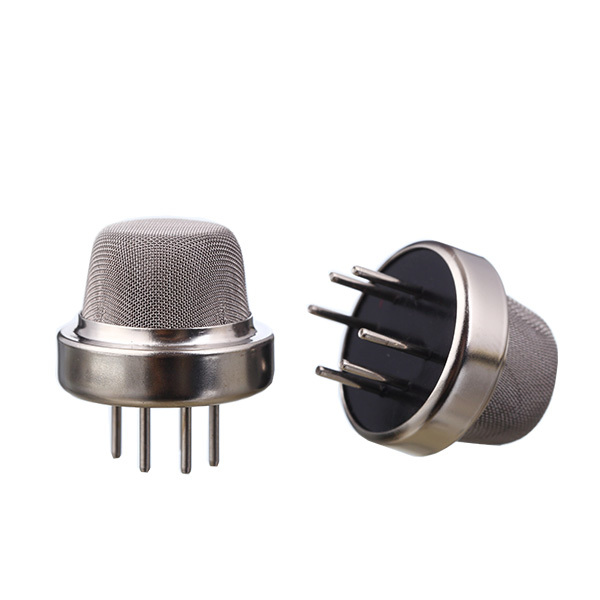

 News
News Industry News
Industry NewsIn the first half of 2023, the number of motor vehicles in the country reached 426 million drivers reached 513 million people, and the number of new energy vehicles reached 16.2 million. According to the statistics of the Ministry of Public Security, by the end of June 2023, the number of motor vehicles in China reached 426 million, of which 328 million were automobiles and 16.2 million were new energy vehicles. There are 513 million motor vehicle drivers, of which 475 million are car drivers. In the first half of 2023, there were 16.88 million newly registered motor vehicles and 11.91 million newly licensed drivers.
With the increasing popularity of cars, cars have become the main means of transportation for contemporary people to go out, people spend more and more time in cars, and the demand for air quality in personal space is increasingly strong. Therefore, car air governance has also come into everyone's sight, and air governance and disinfection in cars have become important.
The World Health Organization has identified in-car pollution as one of the top 10 threats to human health. China also officially implemented the "Guidelines for the Evaluation of Air Quality in Passenger Vehicles" in March 2012, and the current implementation of the "Guidelines for the Evaluation of air quality in Passenger Vehicles" clearly stipulates the concentration limits of eight common volatile organic compounds in the interior of the vehicle, including benzene, toluene, xylene, ethylbenzene, styrene, formaldehyde, acetaldehyde and acrolein. (See Table 1)
| NO | Program | concentration |
| 1 | benzene | ≤0.11 |
| 2 | methylbenzene | ≤1.10 |
| 3 | xylene | ≤1.50 |
| 4 | ethylbenzene | ≤1.50 |
| 5 | styrene | ≤0.26 |
| 6 | methanal | ≤0.10 |
| 7 | acetaldehyde | ≤0.05 |
| 8 | acrolein | ≤0.05 |
Through the installation of gas sensors can monitor PM2.5, temperature and humidity, carbon dioxide, formaldehyde, VOC, ammonia, hydrogen, CO and other substances, and greatly increase the degree of intelligence of the car, but also for passenger safety, comfort and other aspects of the experience has greatly improved.

Through the installation of gas sensors can monitor PM2.5, temperature and humidity, carbon dioxide, formaldehyde, VOC, ammonia, hydrogen, CO and other substances, and greatly increase the degree of intelligence of the car, but also for passenger safety, comfort and other aspects of the experience has greatly improved.
The impact of air quality in the car on the human body runs through the entire life cycle of the car. With the continuous improvement of the economic level, consumers' requirements for car quality continue to upgrade, the future requirements for air quality in the car will be higher and higher, intelligent inspection will also be a major trend in the future automotive industry.